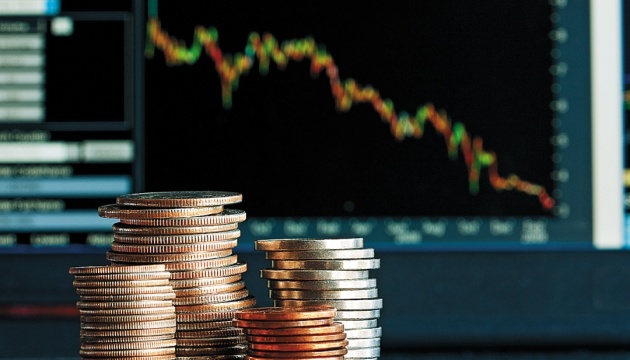
Ukraine’s inflation pace in July lower than projected - NBU
That’s according to an NBU inflation update seen by Ukrinform.
"The actual rate of price growth was lower than the trajectory of the National Bank’s outlook, published in the Inflation Report for July 2023. A faster slowdown in inflation was caused by a larger supply of raw food products, as well as a further reflection of the favorable situation on the foreign exchange market and improvement of inflationary expectations in the prices of certain goods, primarily imports," the NBU notes.
In particular, cereals and flour became cheaper due to low export prices, significant grain stocks and increased output. Vegetable prices slowed down due to the expansion of supply and came close to last year's figures. Due to the larger supply, the price of eggs also increased moderately, but their value continued to exceed last year's level due to the increase in exports. Instead, meat prices rose at a higher rate due to reduced supply amid adverse weather conditions, as well as higher energy and fuel prices. Also, the growth of fruit prices accelerated, primarily at the expense of watermelons due to the lack of their supply.
As noted by the NBU, the price increase for processed food products continued to slow down in July as well (up to 13.9% year-on-year), which is due to the further reduction of pressure on the part of business costs, in particular on raw materials and energy, the further adjustment of production and supply chains, as well as the improvement inflationary expectations against the background of a stable situation on the foreign exchange market. Thus, the stability of the exchange rate contributed to the decrease in the inflation rate for products that have a significant share of imports in their price.
The growth of prices for non-food products also slowed down (to 10.0%) under the influence of better inflation and exchange rate expectations against the background of a favorable situation on the foreign exchange market.
At the same time, the decrease in fuel prices slowed down to 10.6% on year, which the National Bank explains by VAT and excise tax rates being reinstated at pre-war levels. On the other hand, lower global oil prices, significant fuel stocks purchased prior to the excise duty increase, and increased competition in the retail market restrained fuel price growth.
The NBU foresees a further slowdown in inflation due to the expansion of the supply of raw food products, as well as improved expectations for maintaining forex rate stability. Over 2023, inflation is expected decrease to 10.6%, and 8.5% in the next year.
As reported referring to the State Statistics Service, consumer inflation slowed to 11.3% year-on-year in July 2023 from 12.8% in June. In monthly terms, deflation was recorded as prices decreased by 0.6%.




